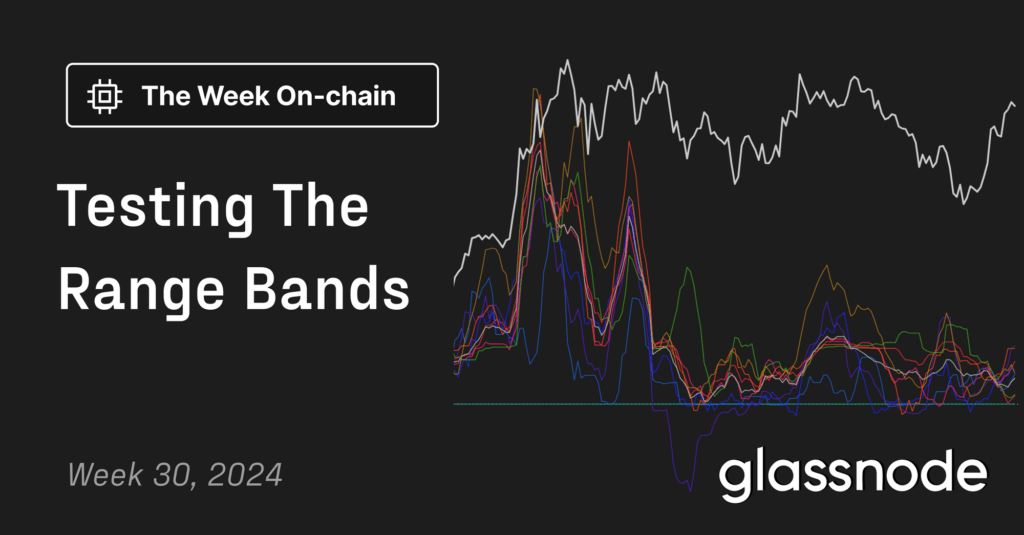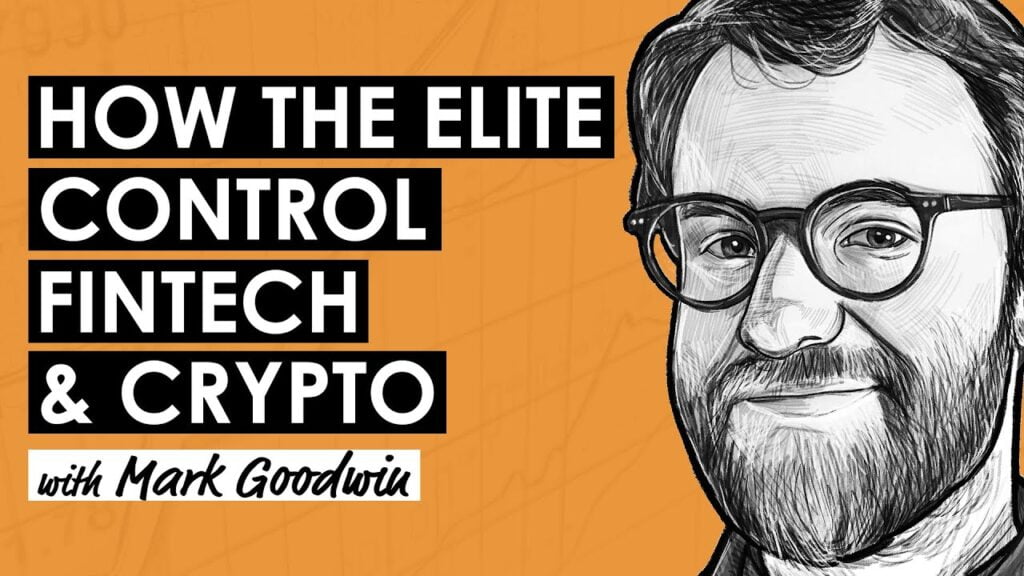Podcast Summary
In this podcast, renowned economist Dr. Jane Doe discusses the current state of the global economy, the impact of the COVID-19 pandemic, and the potential for a future recession. She also provides insights into the role of central banks and the future of digital currencies.
Key Takeaways
Global Economic Outlook
- COVID-19 Impact: Dr. Doe highlights the significant economic disruption caused by the pandemic, with global GDP expected to contract by 3.5% in 2020. She emphasizes the uneven recovery across different regions and sectors.
- Recession Risks: She warns of the potential for a double-dip recession, particularly if vaccine distribution is slower than expected or if new virus strains prove more resistant.
Role of Central Banks
- Monetary Policy: Central banks have played a crucial role in stabilizing economies during the pandemic, with unprecedented levels of monetary stimulus. However, Dr. Doe cautions that this could lead to long-term inflation risks.
- Interest Rates: She predicts that interest rates will remain low for the foreseeable future, as central banks attempt to stimulate economic growth.
Future of Digital Currencies
- Cryptocurrency Adoption: Dr. Doe discusses the increasing acceptance of digital currencies, such as Bitcoin, by mainstream financial institutions. She believes this trend will continue, driven by technological advancements and changing consumer preferences.
- Central Bank Digital Currencies (CBDCs): She also explores the potential for central banks to issue their own digital currencies, which could revolutionize the global financial system.
Sentiment Analysis
- Bullish: Dr. Doe expresses a bullish sentiment towards digital currencies, citing increasing adoption by mainstream financial institutions and potential for central bank digital currencies.
- Bearish: She expresses a bearish sentiment towards the global economy in the short term, warning of the potential for a double-dip recession and long-term inflation risks due to high levels of monetary stimulus.
- Neutral: Her views on the role of central banks are neutral. While acknowledging their crucial role in stabilizing economies during the pandemic, she also cautions about the potential long-term risks of their current policies.












